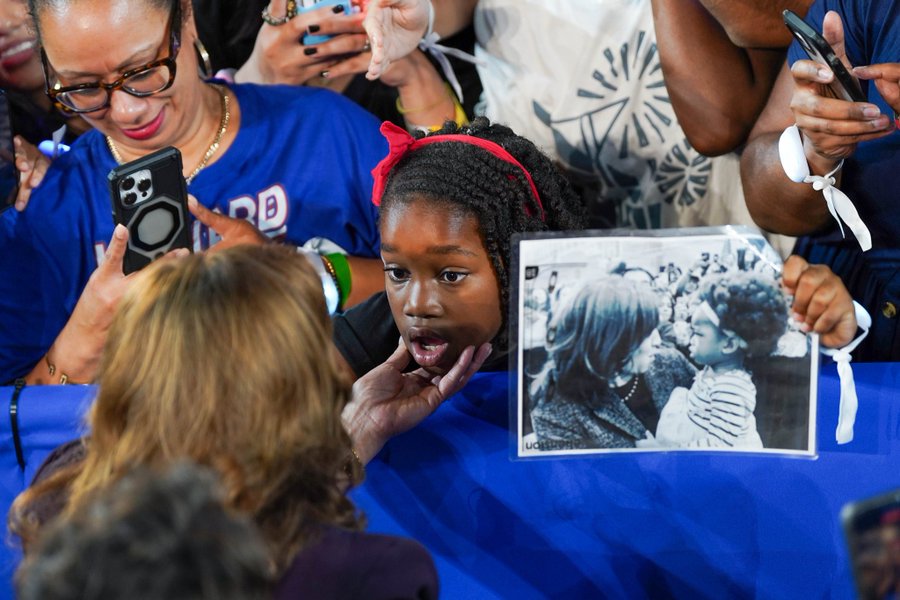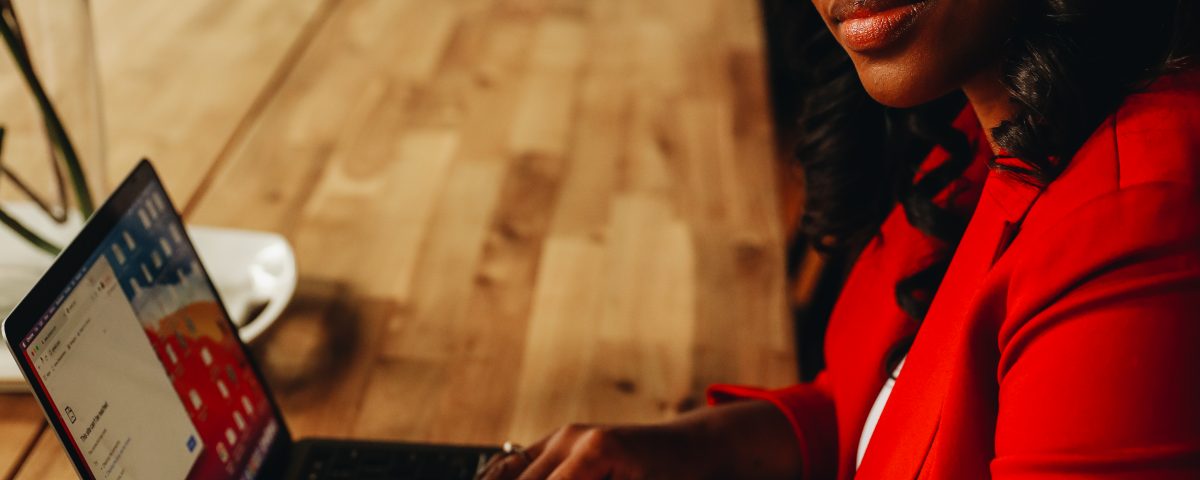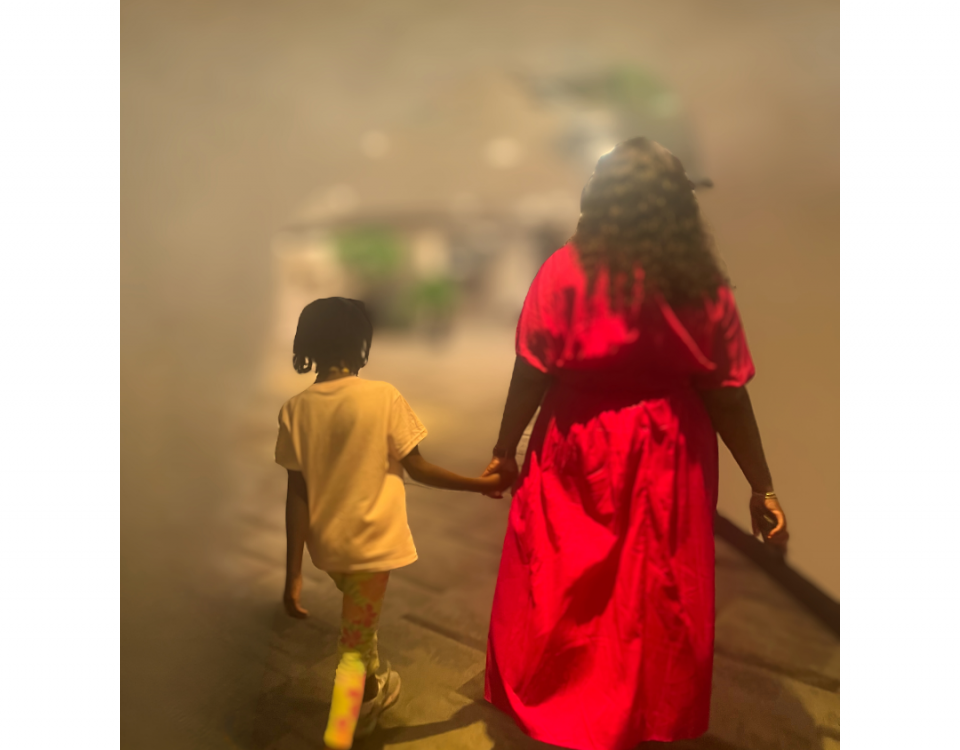
The Equity Mirror: What a Woman Leading the Free World Could Mean for Us All
October 28, 2024
The Equity Lens: Centering Social Justice in Youth Programs
February 26, 2025A Refining Resilience

There is a weight that bears down on me—a relentless, suffocating pressure born of anger and disillusionment. I keep moving, not because the burden is light, but because the work must go on. Time does not stop for us, even as we confront the simmering rage of living in a nation that preaches freedom while practicing hypocrisy. The stench of injustice rises all around, thick and undeniable, but still, we press forward.
We are being refined—not broken.
As of this moment, Donald Trump, twice impeached, thirty-seven times indicted, morally and financially bankrupt, stands as President of the United States for a second term. His nominee for Secretary of Defense is a Fox News host with questionable credentials, as is most of his cabinet. This is not satire. This is reality.
The alternative, though, was a woman whose qualifications gleam like polished armor: Kamala Harris, a Black and Asian leader of unparalleled skill and grace, who had to certify the election of the former, who just four years ago incited a mob in an attempt to overthrow the 2020 election. Her composure in the face of hypocrisy and her leadership were gifts we could have chosen. Yet, this nation rejected her, embracing instead a man whose ego and tweets could ignite a war.
This rejection isn’t a mere oversight; it mirrors a nation’s legacy of dissonance and calls everything this country claims to value into question. As a child, I believed in the stories of America’s greatness—the midnight ride of Paul Revere, the defiance of the Boston Tea Party, and the boldness of the French coming to our aid. But these tales told to inspire were never meant for me. This country has always betrayed its ideals. It is the villain in its own story.
It’s likened to the slave castles where Christian churches were built atop dungeons. White worshippers sang hymns to their God while the stench of human suffering rose beneath them. That is America: a nation that sings of freedom while shackling those who build its wealth. The hypocrisy of righteousness built on the back of oppression is America’s foundation.
We believed the American dream was righteous and fooled ourselves with hope. But instead of electing a leader with a moral compass, we chose oligarchy—a system bankrupt of justice, devoid of equity, and dedicated to the preservation of whiteness.
How does this happen?
How does a man who incited a coup in the nation’s capital retake office? How does a twice-impeached felon hold the highest seat of power while felons in most states can’t even vote? How does a report detailing his attempts to rig an election fade into irrelevance?
Racism.
America violently reverts to a status quo that centers on whiteness. Howard Winant, in The World Is a Ghetto, describes race as the central axis of global politics, shaping economies, nation-states, and individual lives. Racism is a system, not just an ideology. It determines who gets resources, who holds power, and who is left to burn. This country’s retreat into a racial status quo, where whiteness reigns supreme, is not an anomaly—it is its foundation.
In our naïve hope, we leaned into a kumbaya vision of progress, negating the violence racism inflicts. Winant would argue that racial hierarchy persists because it is embedded in systems of stratification and inequality. If we are to survive this fire, we cannot settle for incremental change or polished DEI frameworks. We need a bold, radical vision for racial justice—a clear, unrelenting path to accurate equity. A reckoning, a bold reimagining of what freedom looks like.
So yes, we are in a furnace, and the flames are real. Like the three Hebrew boys whose names we struggled to pronounce in Sunday School (Shadrach, Meshach, and Abednego) thrown into a fire so intense it consumed the men who cast them in. And yet, they emerged unscathed. Their defiance, their unwavering belief in something greater, shielded them.
We are in that furnace now. The fear is palpable, the rage simmering. But beneath it all is something else—a quiet resolve. I don’t know if our calm is a ticking time bomb or the birth of revolution. Maybe people are too tired to cry out. But I know this: the fire will not burn us. It will refine us.
Armed with the unshakable knowledge that we have been here before. Our ancestors endured fires much more violent than this.
The fire does not have the last word. It is a crucible, not a grave.


